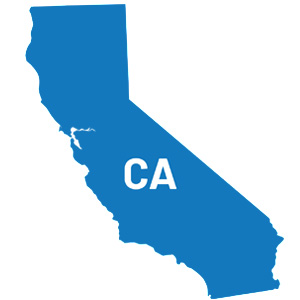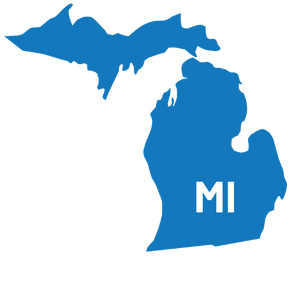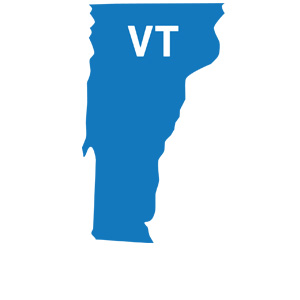2022 State Ballot Initiatives on Abortion Rights
Michelle Long
Published:
Updated November 14, 2022
On June 24, 2022, the Supreme Court overturned Roe v. Wade, eliminating the federal Constitutional standard that had protected the right to abortion. Absent any federal standard addressing a right to abortion, states may set their own policies banning or protecting abortion. Explicit protections or restrictions in state Constitutions will limit the authority of state legislators to pass new abortion laws. Presently, five states have Constitutional amendments restricting state courts from interpreting a right to abortion or requiring state funding of abortion. Ten states have state supreme court rulings interpreting a right to abortion in their state Constitutions, but these rulings can be overturned. Most recently, in June 2022, the Iowa Supreme Court overturned its previous decision interpreting the right to abortion in its state Constitution. However, explicit state Constitutional amendments recognizing or restricting abortion remove the role of the state courts in interpreting the state Constitution to evaluate whether a right to abortion is recognized in that state.
In addition to casting ballots for elected officials in the November 8th midterms, voters in four states voted on ballot initiatives related to state constitutional rights to abortion. Three states (California, Michigan, and Vermont) approved ballot initiatives to amend those states’ Constitutions to establish an explicit right to abortion. One state (Kentucky) rejected a ballot initiative that would have amended its state Constitution to declare that there is no right to abortion. Here we summarize each of these ballot measures and their implications. In Montana, voters rejected an abortion-related law, but it does not address state Constitutional rights regarding abortion.
No State Constitutional Right to Abortion Initiative
 |
Name: Constitutional Amendment 2 (HB 91/No Right to Abortion in Constitution Amendment)
Status: Rejected Description: Would have amended the Kentucky Constitution to declare that nothing in it protects a right to abortion or requires government funding for abortion. Context:
|
State Constitutional Right to Abortion Initiatives
 |
Name: Proposition 1 (Senate Constitutional Amendment 10/Right to Reproductive Freedom Amendment)
Status: Approved Description: Amends the California Constitution to prohibit the state from denying or interfering with an individual’s “reproductive freedom,” including abortion. Context:
|
 |
Name: Proposition 3 (Right to Reproductive Freedom Initiative)
Status: Approved Description: Amends the Michigan Constitution to establish a broad individual right to “reproductive freedom,” including abortion. Context:
|
 |
Name: Article 22 (Proposal 5/Reproductive Liberty Amendment)
Status: Approved Description: Amends the Vermont Constitution to establish a broad individual right to “personal reproductive autonomy.” Context:
|
